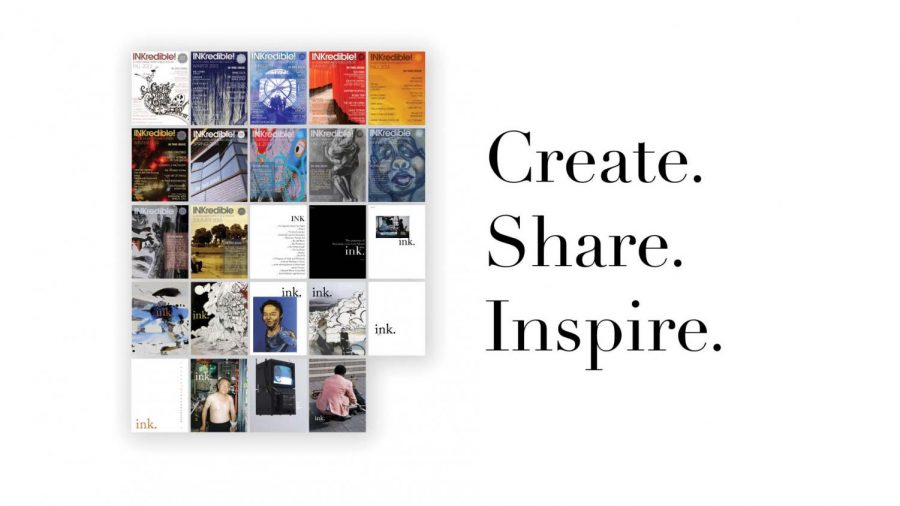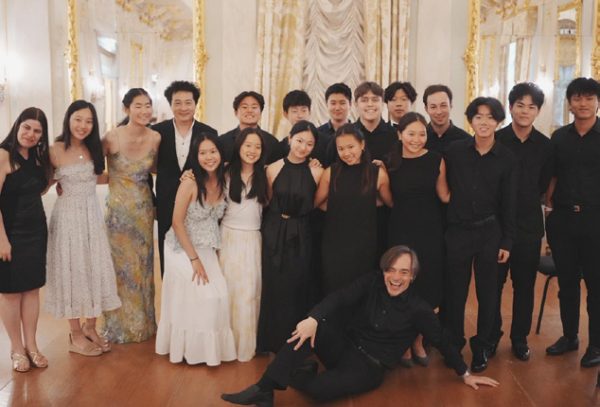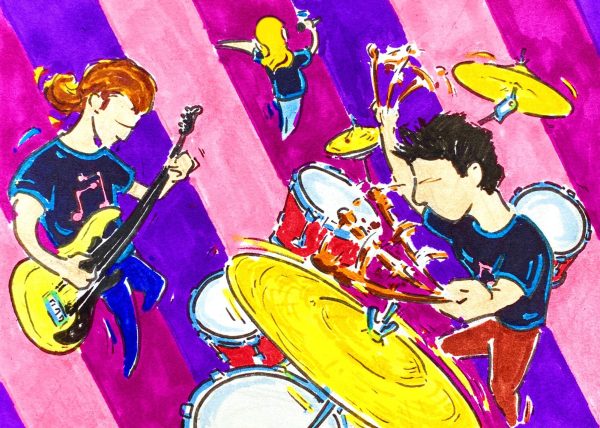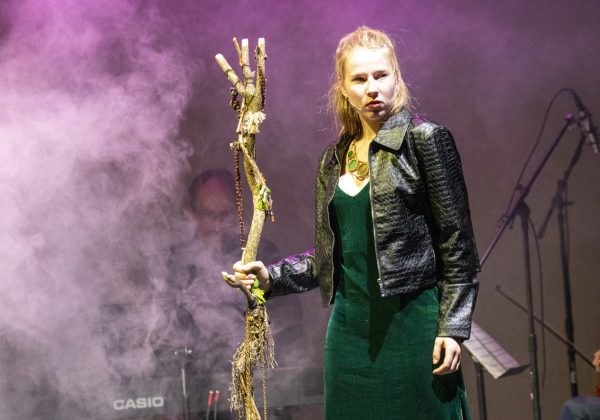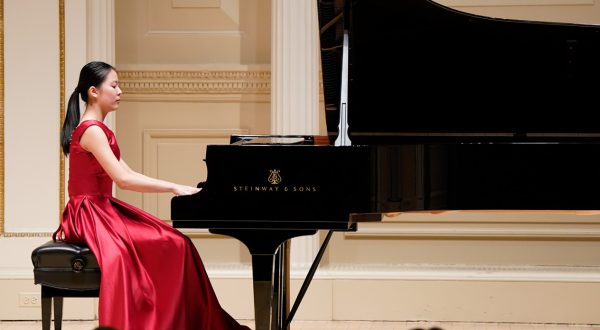A Deep Dive into ink. with Editor Abby Sim ’20
ink., an art and literary magazine established in 2012, is headed by Jiahua Chen ’20, Beckett Hornik ’20, and Abby Sim ’20. This week, the Arts & Leisure editors explore the publication’s future plans in an interview with Sim.
What is ink.’s history?
This is our 25th issue, which means ink. is six years old. Right now, we are more of a magazine for creative work. When we first started, there [were] a lot more opinion pieces, including book and art reviews, but we are still open to non-fiction work. We still have a similar mission of spreading appreciation for the creativity in our [community].
What parts of ink., if any, have changed over the years?
One of our goals this year is to really diversify the writings that we are showing [to the community]. In the past years, because space [in] the magazine [was] limited,…there [were] a lot more people of a certain group or [from] a certain grade [who were] featured. Now, we are trying to make sure [all our readers] feel that there are people featured in the magazine [who] represent them.
What are some concrete steps that ink. takes to fulfill its mission?
It always has been a challenge to balance good quality and [featuring] a wide range [of work]. We really want to show off different experience levels too, and we are taking steps toward that.
[For example,] last year, we created our website, so that we can show off work that isn’t necessarily going to be in the [magazine]. Also, we have an Instagram [account] to post photos [of art].
In terms of diversifying, we are also opening up to different art forms. That means music and theatre pieces – which is a little tough when you have a physical magazine. Kelly [Zuo ’20 had a composition that we published last year]. We are also trying to share actual recordings of black-box [performances] or [music] pieces.
Why did you join ink.?
I [have] always liked writing and wanted access to a larger writing community. I [also] wanted to see and be part of other people’s writing experiences. You really get such a wide range of submissions, from people who just write a poem to people who go to various writing conferences. You get to see and support all of that.
Why is ink. significant to our community?
We are [assigned] a [lot] of analytic writing [in our classes]. I think it’s great to have an opportunity for people to express themselves [by] not [writing] for a certain theme [or] fulfilling an assignment, but just [as] an honest expression. It is good to have a platform where authenticity can be displayed.
How is ink. different from other publications at the school?
What’s different is that we are really not limited. We try not to give a theme [for each issue], so that people are not writing and trying to create for a certain idea – connections happen naturally. We really like it [when] a Lower Mid[’s] art piece somehow lines up with a Senior[’s] poem.
Any other comments?
In the past, ink. has had [a reputation for being] exclusive. People were afraid to submit, because they didn’t want to be rejected, which is silly, because it is always very tough to choose submissions. The reason why certain submissions get in and certain don’t, isn’t [that] one is necessarily so much better. It also has to do with the general feel of the publication that we are going for, and [the number of submissions for each category].
I would like people to know that we won’t rip their pieces apart. We are genuinely trying to show it to the community.

